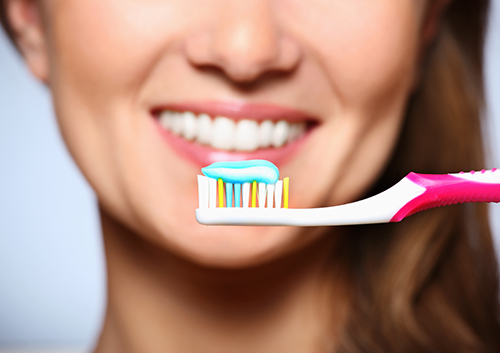Don’t procrastinate about dental work!
July 17th, 2024

When you have dental issues or just need routine care, you may try to put off making an appointment at Tosto Family Dentistry. Common reasons for procrastination are not having the time or fear of pain. Avoiding Dr. Jason P. Tosto is not a good idea, though. Putting off dental care can turn small problems into large ones. Short appointments turn into long ones with significantly more work and expense.
What happens when you wait?
The small cavity that could have been filled easily has turned into a large cavity. The larger the cavity, the more work required to fill it. However, this is only a minor problem compared to more advanced issues. The minor toothache you are trying to ignore could be a small fracture or an abscess. Small fractures can sometimes be repaired, but if you wait and the fracture increases, you may need to get a crown.
An abscess can be treated in the early stages. Ignoring an abscessed tooth may lead to root damage and the need for a root canal. Infection can spread to other teeth, which multiplies the damage. These treatments will require more of your time than you would have spent taking care of the problem early.
Perhaps you are just putting off a routine cleaning. Even if you brush, rinse, and floss the way you are supposed to, you need a professional cleaning at Tosto Family Dentistry. Plaque that is left behind hardens into calculus or tartar that you cannot remove by yourself. A build-up of calculus can also lead to gum disease.
Unfortunately, avoiding appointments due to a lack of time may mean that you have to give up substantially more time later on. You also can experience needless pain from tooth problems. It’s always best to visit Dr. Jason P. Tosto for regularly scheduled cleanings and exams to ensure your smile stays healthy and beautiful.



